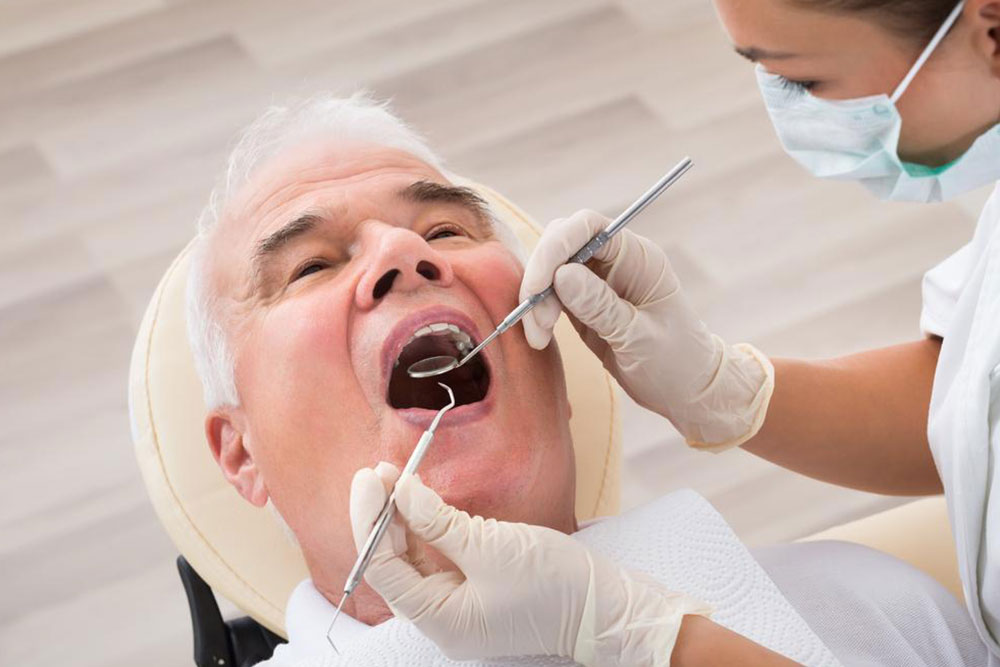Achieve Better Oral Health by Quitting Smoking and Reinforcing Gum Integrity
Quitting smoking has immediate and long-term benefits for oral health, including healthier gums, reduced risk of gum disease, and preservation of teeth. This comprehensive guide emphasizes the importance of cessation efforts and proper dental care to achieve optimal oral hygiene. Learn how smoking affects your teeth and gums and discover effective strategies to improve your dental health by breaking free from nicotine. Protect your smile and enjoy improved oral well-being through smoking cessation and routine dental maintenance.

Improve Your Dental and Gum Well-being by Quitting Smoking
Smoking has long been recognized as a primary contributor to a multitude of dental issues, particularly gum disease and overall oral health deterioration. While breaking free from nicotine addiction may pose challenges, the rewards for your oral health are substantial and swift. Stopping smoking doesn't just benefit your lungs—it plays a crucial role in maintaining healthy gums, preserving your natural teeth, and enhancing your overall dental hygiene. Making the decision to quit can lead to significant improvements in gum condition within months, setting you on a path to a brighter, healthier smile.
The Advantages of Giving Up Smoking for Dental Health:
Scientific studies consistently demonstrate that individuals who successfully quit smoking experience remarkable improvements in gum health within just one year, compared to those who continue to smoke. These improvements include reduced bleeding, inflammation, and tissue damage.
To secure a resilient and healthy set of teeth well into old age, quitting smoking is an essential step. It helps prevent the progression of periodontal disease, which is one of the leading causes of tooth loss among adults.
Healthy gums are the foundation for strong, secure teeth.
It is well-documented that smokers tend to suffer from poorer oral health compared to nonsmokers. Studies reveal that quitting smoking, especially when combined with diligent dental care, significantly boosts gum health and resilience.
Effects on Teeth and Oral Structures:
Smoking facilitates the build-up of harmful bacteria on dental plaque, a sticky, colorless film that accumulates daily on teeth and along the gumline. Over time, this plaque hardens into tartar, promoting inflammation of the gums and the development of periodontal disease. Persistent gum infection can attack the supporting bone tissue, leading to loosening of teeth, increased mobility, and eventual tooth loss.
Moreover, smoking suppresses your immune response, making it more difficult for your body to combat oral infections and heal tissue damage. This immune suppression accelerates the progression of gum disease, compounding the problems related to bacterial accumulation and tissue degeneration.
Research involving smokers with gum issues indicates that those who adopted cessation programs—ranging from counseling to nicotine replacement therapies—showed remarkable improvements in gum health within a year. Many experienced reduced inflammation, less bleeding, and stabilization of periodontal tissues.
It's important to recognize that gum disease often develops silently, causing discomfort and irreversible damage before symptoms are noticeable. Quitting smoking is a critical preemptive step to protect your oral health, prevent periodontal breakdown, and maintain a vibrant, healthy smile.





